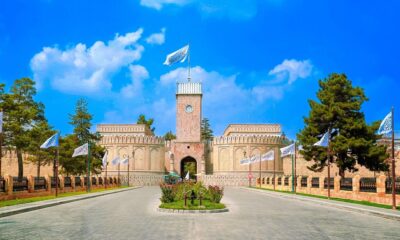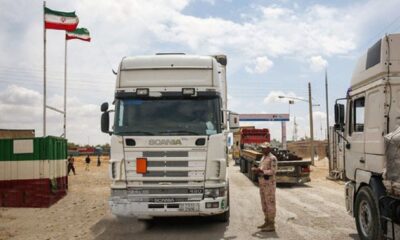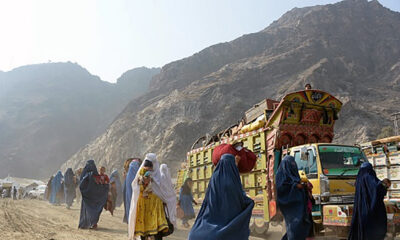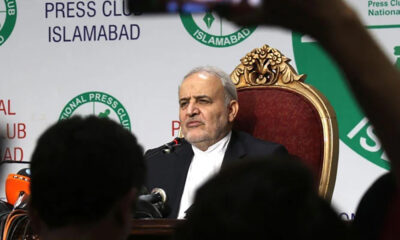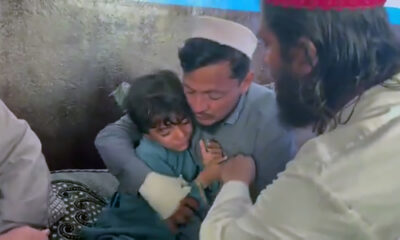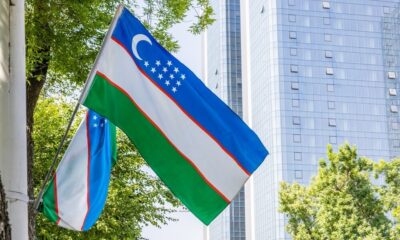Latest News
Abdul Rashid Dostum officially awarded rank of marshal – Jawzjan
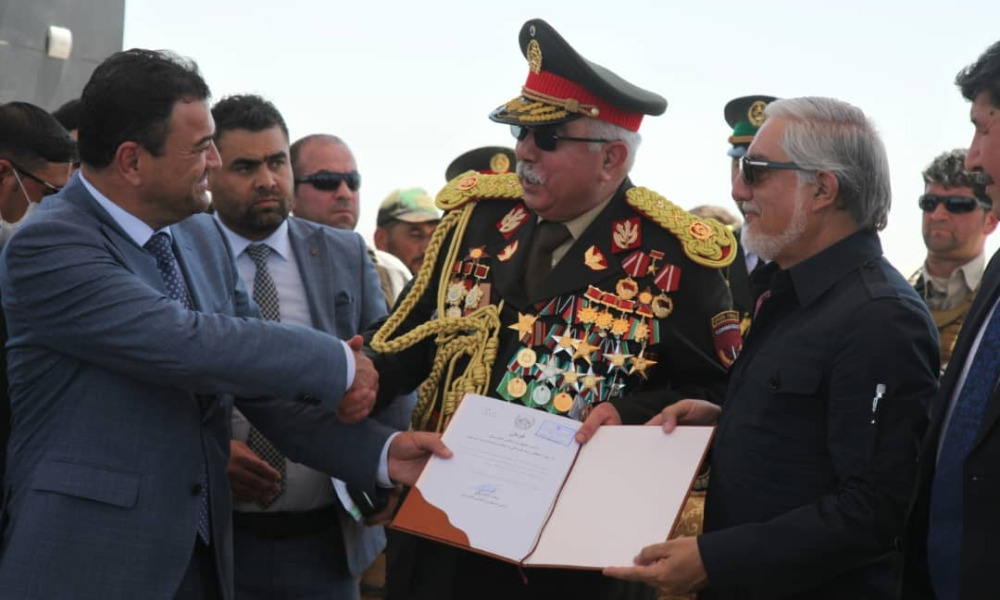
Abdul Rashid Dostum, the former vice president, has been officially awarded the rank of a marshal at a special ceremony held in Jawzjan province on Wednesday.
The promotion was a part of the political agreement inked between President Ghani and Abdullah Abdullah, the Head of High Council for National Reconciliation.
Dostum is the third person in the history of Afghanistan to receive the title of Marshall – the highest official rank within the military – after Shah Wali Khan and Mohammad Qasim Fahim.
Who is Abdul Rashid Dostum? How, why did he become the third marshal of Afghanistan?
Abdul Rashid Dostum, the founder of the National Islamic Movement of Afghanistan, is one of Afghanistan’s most controversial military and political figures and one of Uzbek’s most important leaders.
Dostum, who was a senior military man and ally of Dr. Najibullah, changed direction in the last years of Dr. Najibullah’s rule in early 1992 and began working with the Mujahidin. Before the fall of the Mujahidin government led by Burhanuddin Rabbani by the Taliban, Dostum fought against Rabbani. He even allied with Gulbuddin Hekmatyar, the leader of the Islamic Party of Afghanistan.
At the peak of his power in 1997, he had partially established an independent administration in northern Afghanistan, even running all the affairs of these regions and even printing a separate currency in his name. He had built a strong front against the Taliban in the north. It was during these years that his fans called him “King Dostum”.
After the fall of the Taliban, Dostum ran as a candidate in the 2004 presidential election, finishing fourth with about 9 percent of the vote.
Hamid Karzai, during the first term of his presidency, appointed Dostum as the commander of the army headquarters, but this position was suspended after the claim of Akbarbay, the head of the Afghanistan Turks Council, who said he had been abducted and beaten Dostum. Karzai’s command was suspended, and Dostum went to Turkey.
In the 2014 elections, Mr. Dostum became the first deputy of Mohammad Ashraf Ghani. During this time, Dostum led the northern wars against the Taliban. But after being accused of sexual misuse by Ahmad Ishchi, Mr. Dostum went home and then went into exile voluntarily in Turkey. During his four years as first vice president, he had dark relations with Ashraf Ghani and criticized him many times. He then returned to Kabul from Turkey in an anti-government political coalition. In the most recent presidential election, he supported Abdullah’s candidacy.
According to the political agreement between Ashraf Ghani and Abdullah Abdullah, awarding the rank of Marshal to Abdul Rashid Dostum as the third Marshal of Afghanistan was part of the demands of Abdullah’s team. The political agreement states that Abdul Rashid Dostum will be promoted to the highest military rank as Marshall by presidential decree and will also be a member of the Supreme Council of Government and the National Security Council.
Latest News
Abdul Wasi meets head of council for Hindus and Sikhs in Afghanistan
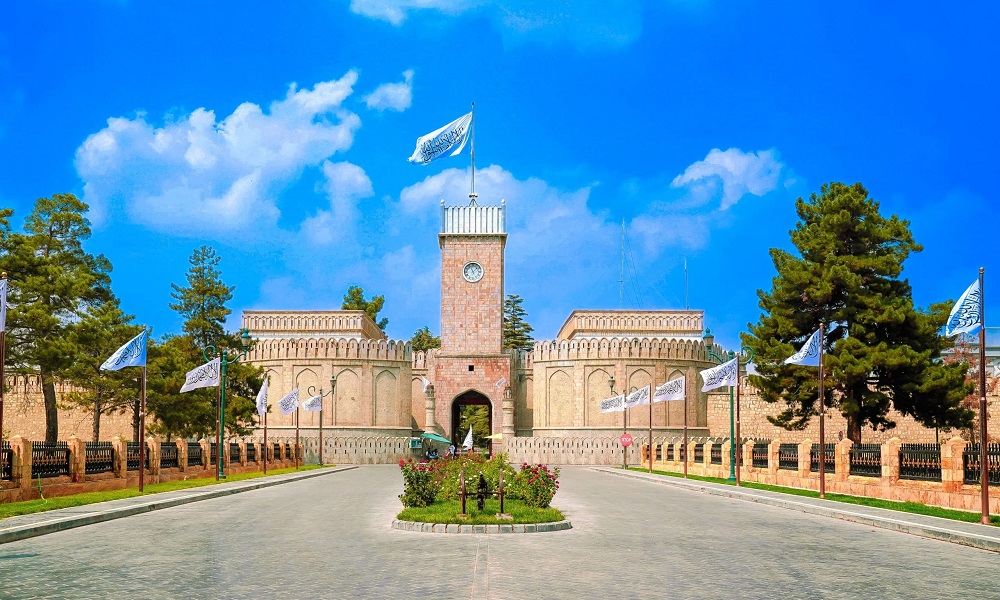
The Chief of Staff of the Prime Minister’s Office of the Islamic Emirate of Afghanistan (IEA), Mullah Abdul Wasi, met on Wednesday with Manjit Singh Lamba, Head of the Council of Hindus and Sikhs of Afghanistan, along with several members of the council.
According to a statement from Arg, in the meeting which was also attended by Mahmood Zakiri, Head of Political and Public Affairs, Singh Lamba expressed satisfaction and thanked the officials of the Islamic Emirate for listening to their problems and demands and for assuring them that these would be addressed.
He said the Hindus and Sikhs of Afghanistan are committed to their country. He also presented their demands and proposals regarding seized lands and properties, electricity, a license for traditional medicine, and the Dharamsal in Shor Bazaar, Kabul, which has fallen under the road construction plan.
During the meeting, Abdul Wasi assured them that he would share their problems and demands with the relevant authorities in order to resolve them, and that he would also convey their proposal regarding the traditional medicine license to the Ministry of Public Health.
Latest News
Afghan returnee crisis deepens after deadly shooting in Balochistan and fresh UN warning
The United Nations Assistance Mission in Afghanistan (UNAMA) has warned that mass returns are worsening an already fragile humanitarian situation in Afghanistan.
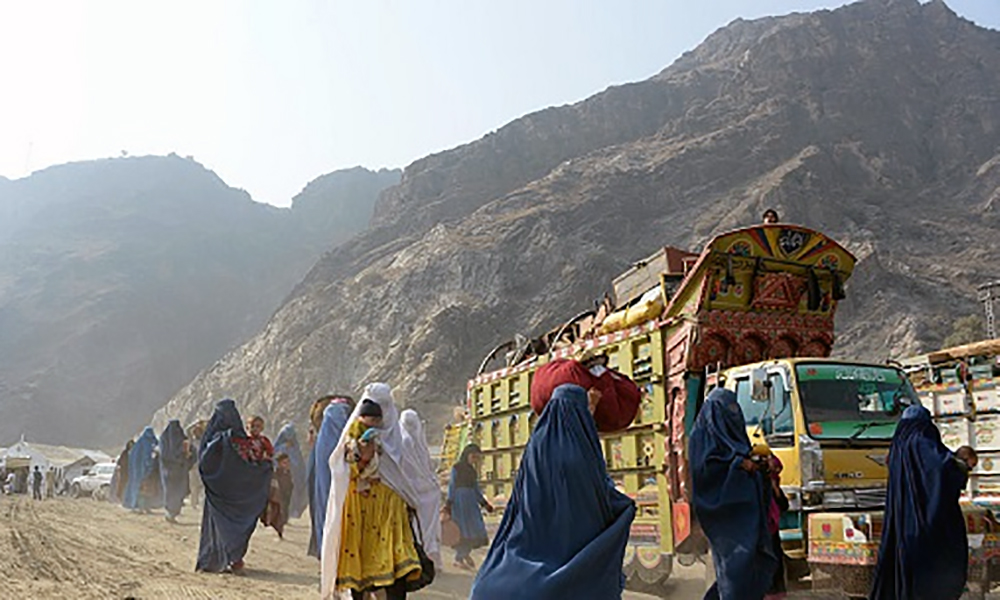
Two Afghan women were killed and three others seriously injured when Pakistani security forces reportedly opened fire on a vehicle carrying Afghan migrants in Pakistan’s southwestern province of Balochistan.
According to local sources, the bodies of the victims and the wounded were taken to a nearby hospital, while several other Afghan nationals were detained following the incident.
Details surrounding the circumstances of the shooting remain unclear.
The violence comes amid mounting concern over the growing returnee crisis.
The United Nations Assistance Mission in Afghanistan (UNAMA) has warned that mass returns are worsening an already fragile humanitarian situation in Afghanistan.
In a newly released report, UNAMA said nearly five million Afghans — roughly 10 percent of the country’s population — have returned over the past two years, largely driven by forced deportations and stricter migration policies in neighboring countries, particularly Iran and Pakistan.
The report states that in 2025 alone, approximately 2.78 million Afghans returned home, including 1.88 million from Iran and 899,000 from Pakistan. Nearly one-third of the returnees are women and girls.
At the height of the influx, daily arrivals from Iran reached between 30,000 and 40,000 people, placing severe strain on border registration systems, transport networks, and basic services.
UNAMA stressed the urgent need for expanded shelter, food assistance, livelihood opportunities, and long-term reintegration programs. It warned that without sustained international support, returnees — particularly women, girls, and children, including unaccompanied minors — could face heightened vulnerability and increased risk of social instability.
Latest News
Iran’s envoy calls for restraint and dialogue between Kabul and Islamabad
Speaking at the Institute of Strategic Studies Islamabad, Amiri Moghadam cautioned that further escalation would serve no side and risk destabilizing the broader region.
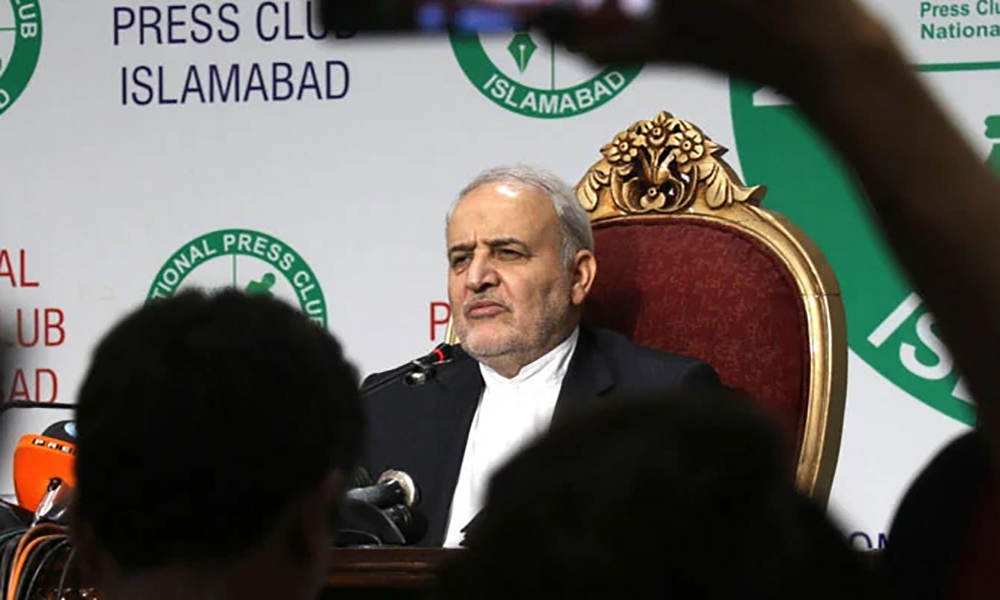
Reza Amiri Moghadam, Iran’s ambassador to Pakistan, has urged restraint and continued dialogue between Kabul and Islamabad amid heightened tensions following recent Pakistani airstrikes in eastern Afghanistan.
Speaking at the Institute of Strategic Studies Islamabad, Amiri Moghadam cautioned that further escalation would serve no side and risk destabilizing the broader region.
He said actors opposed to regional stability could exploit the situation and emphasized that sustained diplomatic engagement — particularly on border security and cooperation — is essential to prevent further deterioration.
The envoy added that despite ongoing differences and challenges in relations with Afghanistan, Tehran has pursued practical engagement, similar to its approach under the previous Afghan government, though Iran has not formally recognized the current administration.
Earlier, Iran’s Foreign Ministry signaled its readiness to help ease tensions between Kabul and Islamabad, reaffirming support for diplomatic efforts to resolve disputes.
The comments follow Pakistani airstrikes in Nangarhar and Paktika provinces, which local sources say caused civilian casualties.
-
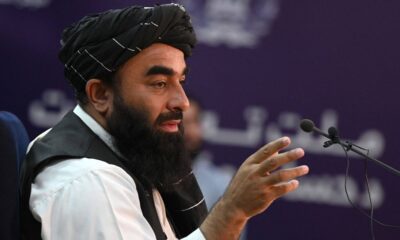
 Latest News3 days ago
Latest News3 days agoMujahid: Afghanistan will target perpetrators, not civilians
-
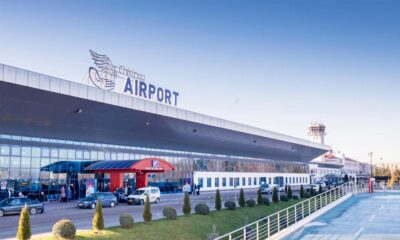
 Latest News4 days ago
Latest News4 days agoMoldova bans Afghan airlines over safety concerns
-
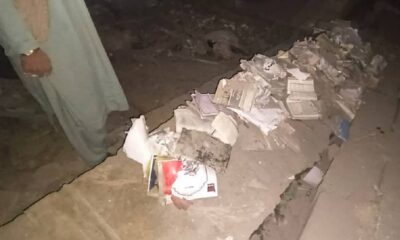
 Latest News3 days ago
Latest News3 days agoAfghanistan vows retaliation after Pakistan launches air strikes
-
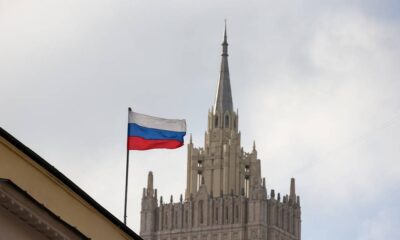
 Latest News2 days ago
Latest News2 days agoRussia estimates up to 23,000 terrorists present in Afghanistan
-
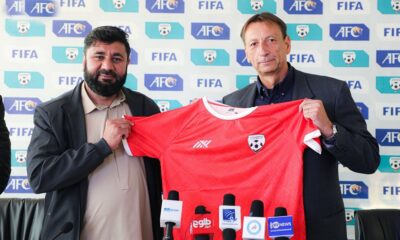
 Sport4 days ago
Sport4 days agoJosé Antonio Nogueira appointed new Afghanistan head football coach
-

 Latest News2 days ago
Latest News2 days agoIEA rejects Russia’s claims of foreign militants in Afghanistan
-
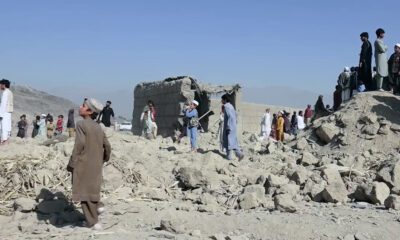
 Latest News2 days ago
Latest News2 days agoUNAMA reports civilian casualties from Pakistani airstrikes in Afghanistan
-
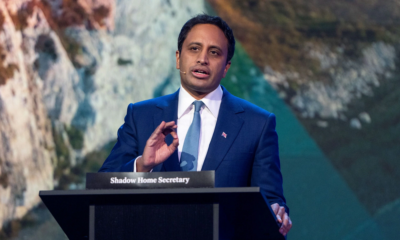
 Latest News2 days ago
Latest News2 days agoUK’s Reform party pledges visa ban affecting Afghanistan and five other states


